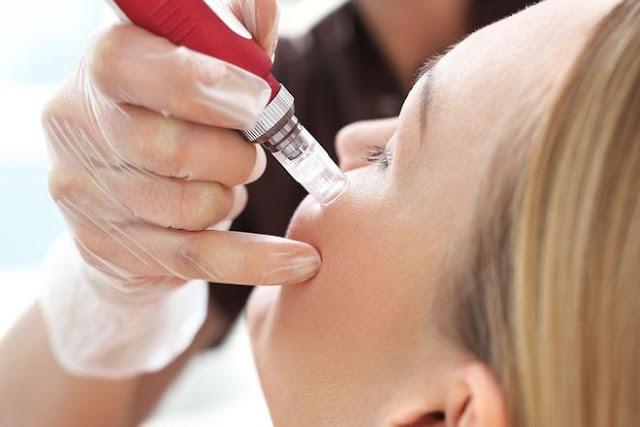Find Out The Factors Triggering Avascular Necrosis in Hip
Introduction
Avascular necrosis additionally termed as ischemic Bone necrosis or Osteonecrosis is a medical condition characterized by the bone death on being deprived of blood. Avascular necrosis (AVN) is a disease of the bone. This is a serious condition because the dead areas of bone do not function normally, are weakened, and can collapse.Avascular necrosis ultimately leads to the destruction of the joint adjacent to the involved bone. The condition is known to occur in the shoulder, ankles, and knees. However, the part of the body most affected by Avascular Necrosis is the hip.
Osteonecrosis can affect anyone but is more common in people between the ages of 40 and 65. Men develop osteonecrosis of the hip more often than women.
What Causes Avascular Necrosis?
Osteonecrosis of the hip develops when the blood supply to the femoral head is disrupted. Without adequate nourishment, the bone in the head of the femur dies and gradually collapses. As a result, the articular cartilage covering the hip bones also collapses, leading to disabling arthritis.->Reduced blood supply can be caused by:
1. Certain medical conditions and health disorders like
- Gaucher's disease: A genetic disorder resulting from glucocerebrosidase enzyme deficiency. As a result, glucocerebroside gets deposited within the cells of the macrophage-monocyte system.
- Sickle cell anemia: A genetic disorder which ends within the RBC's appearing like a sickle cell rather than being round formed.
Both of those conditions create a big reduction in the offer of blood to the bones leading to avascular necrosis. Certain inflammatory conditions that will damage the arteries and trigger avascular necrosis of the hip embody autoimmune diseases, pancreatitis or HIV infection.
2. Extensive and prolonged use of corticosteroids:
Usually used as anti-inflammatory drugs, corticosteroids will play a contributory role, leading to avascular necrosis (non-traumatic). The fatty substances are sometimes broken down by the body.However, the utilization of corticosteroids might have an effect on this breakdown as a result of that the fatty substances begin piling up within the blood vessels, constricting their size. The constricted blood vessels, in turn, reduces the supply of blood to the bones to a good extent.
Book an appointment with Dr. Kartik Shukla - Orthopedic Doctor
3. An injury or a fracture affecting the femur:
A hip fracture or a dislocation that affects the upper half of the thigh bone or the femur acts as a potential threat, triggering traumatic avascular necrosis (AVN) of the hip.Other risk factors for developing avascular necrosis include cigarette smoking, pregnancy. People who are into significant drinking stand a larger risk of tormented by AVN. Increased consumption of alcohol inflicting constriction and narrowing of the blood vessels interfering with the flow of blood to the bones.
In some cases, radiation therapy or chemotherapy treatments, bone marrow and blood diseases, and underwater diver's disease for cancer can go a long way in interfering with the power of the bone (weakens the bone) to receive blood, causing bone death.
Symptoms of AVN of the hip
Osteonecrosis develops in stages. Unfortunately, the initial stages of AVN are symptomless. However, because the condition progresses into later stages, an individual might experience pain and discomfort, notably while exerting pressure on the bone affected by the condition.As the bone and the adjacent joints deteriorate and collapse further, an individual might experience great difficulty in using the joint altogether, symptoms may occur in roughly this order:
- Mild or severe pain in or around the affected joint
- Groin pain that spreads down to the knee
- Pain that occurs when putting weight on the hip or knee
- Joint pain severe enough to limit movement
Pain may dramatically increase in intensity because of tiny breaks in the bone, called microfractures. These can cause the bone to collapse. Ultimately, the joint may break down and develop arthritis.
In some cases, the condition might progress and have an effect on each the hip (Avascular necrosis Bilateral). So if you going through these symptoms then you must consult an Orthopedic Doctor.



Comments
Post a Comment